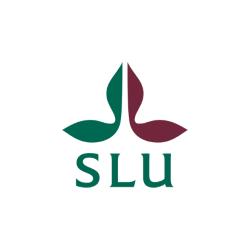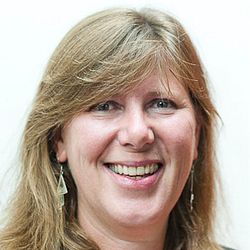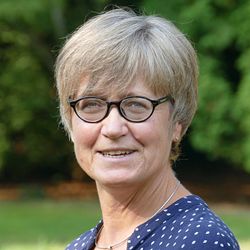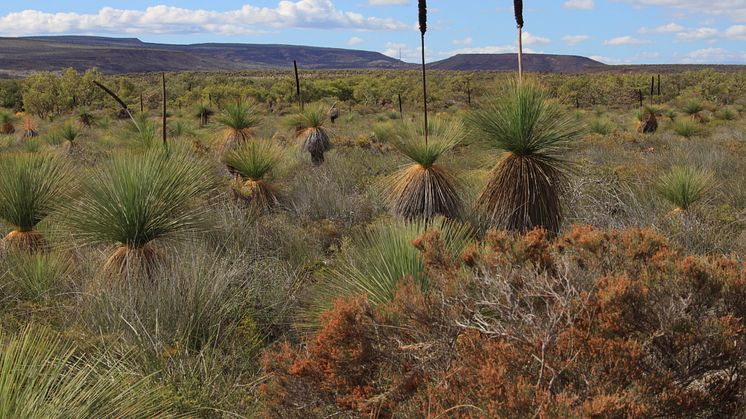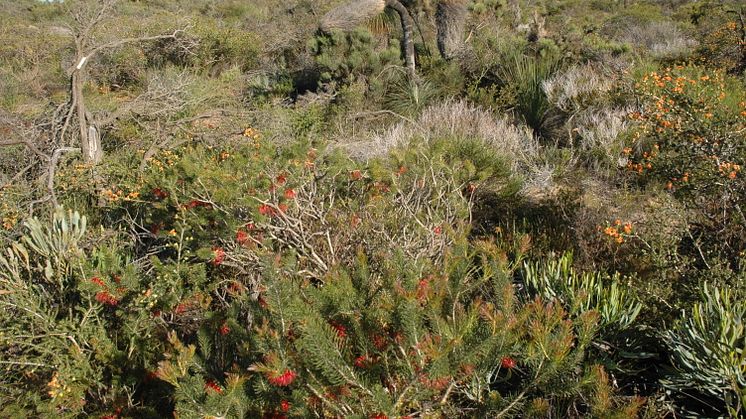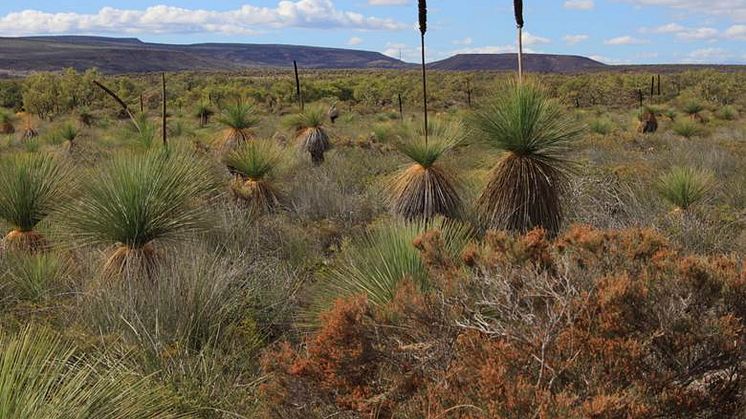
Pressmeddelande -
Soil organisms maintain high plant diversity
Infertile shrublands in Australia host an exceptionally high number of plant species. How the species can coexist while competing for limiting resources has puzzled ecologists for decades. Researchers, including two from SLU, suggest that part of the answer for such high plant diversity could reside in the myriad of root-associated organisms that live in soils. The study is published in Science.
Some of the Earth’s ecosystems host an exceptionally high number of plant species, and infertile shrublands in warm semi-arid regions support 20% of the world’s plant species on 5% of the land surface. In particular, some shrublands in south-western Australia are so species-rich that some botanists refer to them as “knee-high tropical rainforests”. How a large number of plant species can successfully coexist while competing for space and limiting resources has puzzled ecologists for decades. In a paper published today in the prestigious journal Science, researchers from Australia, Panama and Sweden, including Associate Professor Paul Kardol and Professor David Wardle, both with the Department of Forest Ecology and Management at SLU, suggest that part of the answer for such high plant diversity could reside in the myriad of root-associated organisms that live in soils.
Plant roots interact intimately with a wide range of soil organisms such as bacteria, fungi and soil animals. While some of these organisms are harmful to roots by causing damage or even plant death, others are beneficial and enhance nutrient acquisition and protect roots against pathogens. However, whereas the effects that specific groups of soil biota have on individual plant performance have been studied intensively, especially in agricultural systems, the collective influence of soil biota for the maintenance of plant species diversity in natural vegetation was –until now– poorly known.
The team of researchers selected a large number of plant species from a very high diversity shrubland in south-western Australia, and exposed plants from each of these species to soil biota collected either from either the rooting zone of plants of its own species or from that of other species. Whereassome plant species grew better in their ‘own’ soils, many others actually performed best when exposed to soils from other species. Using a simulation model, the authors showed that these complex interactions between plants mediated by soil biota equalise growth differences between plant species, thus promoting their long-term coexistence. Their study is the first to show that soil biota play an important role in the maintenance of plant diversity in species-rich ecosystems.
Download the article
Teste F.P., Kardol P., Turner B.L., Wardle D.A., Zemunik G., Renton M. & Laliberté, E. (2017). Plant-soil feedback and the maintenance of diversity in Mediterranean-climate shrublands. Science 355:6321(173-176).
Contact
Paul Kardol, paul.kardol@slu.se
David Wardle, david.wardle@slu.se
Press images
(may be published without charge in articles about these findings, please acknowledge the photographer).
Overview of some of the field sites where soil collections occurred in hyperdiverse kwongan shrublands near Lesueur National Park, Western Australia. Photo credits: Etienne Laliberté and Graham Zemunik.
Ämnen
Kategorier
Regioner
SLU:s vision: SLU är ett universitet i världsklass inom livs- och miljövetenskaper.
